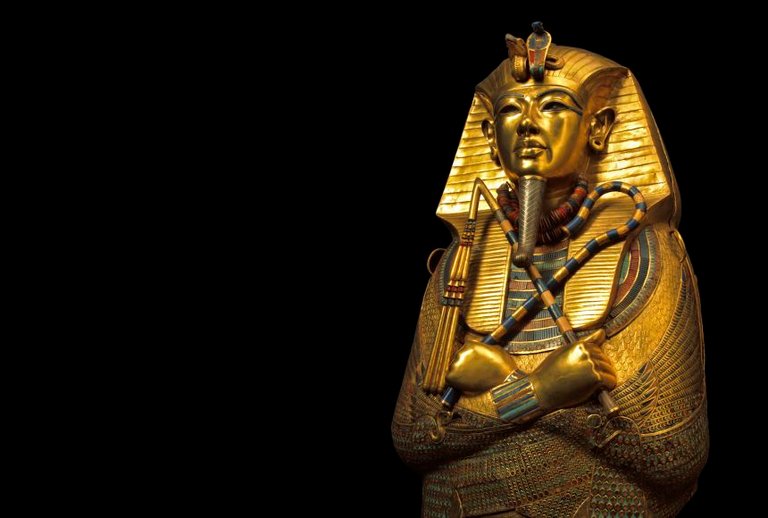10 Most Mysterious Places in Egypt That No One Could Understand | the mysterious structures in Egypt, including the pyramids and temples, which were built thousands of years ago. He mentions that there are over 800 such places worldwide where structures similar to those in Egypt have been found. Some of these places have large stone walls with no apparent connection to banks or online stores, and contain large stones with
aspects of Egyptian culture.
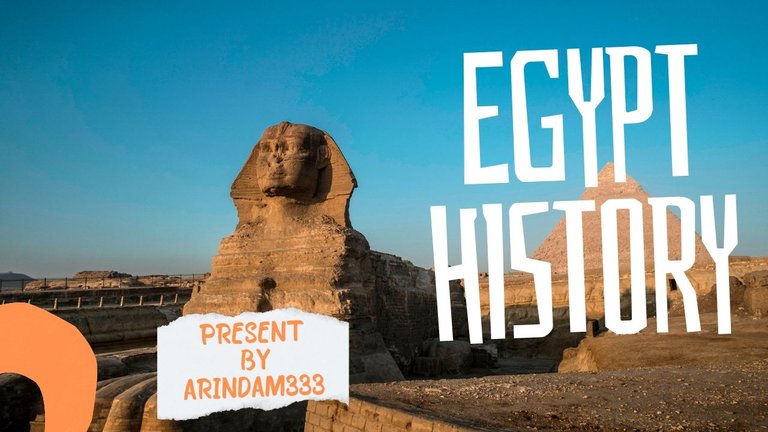
Egyptian cuisine is known for its bold flavors, creative use of herbs and spices, and reliance on simple locally sourced ingredients, influenced by the country's geographical location and various culinary traditions. Egyptian culture is also famous for its film industry, which has produced some of the most acclaimed films in the region, often exploring themes related to social and political issues. Additionally, Egyptian arts focus on storytelling and symbolism, with influential figures like painter and sculptor Mahmoud Mawal, and decorative arts including ceramics, textiles, and jewelry. Music and dance traditions are also an essential part of Egyptian culture.
Egypt's Culture EXPLAINED the significant impact of Islam on Egyptian culture. Islam has shaped religious practices, social norms, arts, and cuisine in Egypt since the 7th Century A.D. Modesty, respect for elders, hospitality, and generosity are highly valued in Egyptian society. Mosques, which reflect Islamic heritage, are prominent landmarks throughout the country, and calligraphy and Islamic literature have influenced Egyptian art and literature. Islamic religious practices, such as daily prayers and fasting during Ramadan, are essential
aspects of Egyptian culture.
The suggests that these structures may have been built to observe celestial bodies and their movements in space. He also mentions that researchers have discovered that each star constellation can be seen every 72 years, and that one constellation, Orion, can be seen from the pyramids also mentions that there are various mythological stories associated with these structures, and that they continue to reveal their secrets slowly over time. He encourages viewers to share their opinions on these mysteries.
"Daily Life of the Ancient Egyptians" documentary, the focus shifts to the cultural obsession with appearance and social gatherings. The Ancient Egyptians held numerous banquets and festivals, often connected to certain deities. During these events, music played a significant role, with female musicians using various instruments and pairs of singers performing beautiful songs.
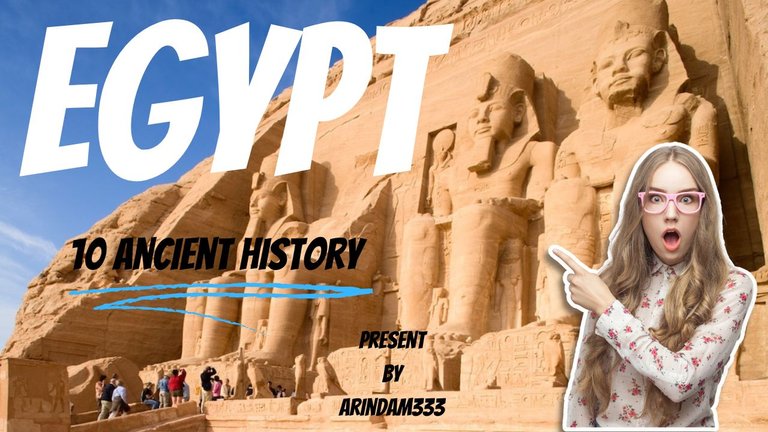
Additionally, Anc Egyptians took great pride in their appearance, as they believed their bodies would be preserved in the afterlife in their exact form. Thus, they adorned themselves with elaborate clothing, jewelry, and accessories for special occasions. The culture's fascination with life extended to their hobbies and pastimes, which included hunting, fishing, playing sports, and engaging in various games.
These activities remained largely unchanged for almost three millennia. Ancient Egypt was a land of tradition and abundance, where embalmers used meteoric tools to preserve the deceased bodies, allowing them to enjoy the mundane items from their lives in the afterlife.
The ancient Egyptian civilization is one of the most iconic and powerful in history. It lasted for over 3,000 years and at its height, its empire stretched as far north as modern-day Syria and south to today's Sudan. However, the civilization was founded by small city-states along the Nile River before uniting in 3100 BC. The civilization can be divided into three periods of prosperity: the Old Middle Kingdom, the New Kingdom, and the Intermediate Period.
The pharaohs, who were not always men, presided over this culture of prosperity. After the rulers passed away, ancient Egyptians believed they became gods in the afterlife and prepared for their journey into the afterlife by constructing elaborate tombs, including the Great Pyramids at Giza, and underground mausoleums in the Valley of the Kings.
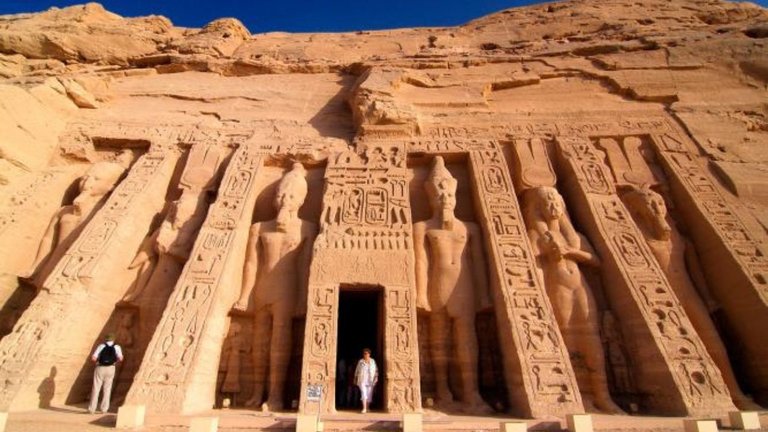
The Egyptians also measured time by combining mathematics with astronomy and created a solar calendar which was the first dating system in history to feature 365 days in one year. In addition, they developed methods to measure and survey land around the Nile River. These civil engineering feats made way for the construction of dams, canals, and irrigation systems that helped farming and agriculture to flourish.
10 Most Mysterious Places in Egypt That No One Could Understand | the mysterious structures in Egypt, including the pyramids and temples, which were built thousands of years ago. He mentions that there are over 800 such places worldwide where structures similar to those in Egypt have been found. Some of these places have large stone walls with no apparent connection to banks or online stores, and contain large stones with
aspects of Egyptian culture.
Egyptian cuisine is known for its bold flavors, creative use of herbs and spices, and reliance on simple locally sourced ingredients, influenced by the country's geographical location and various culinary traditions. Egyptian culture is also famous for its film industry, which has produced some of the most acclaimed films in the region, often exploring themes related to social and political issues. Additionally, Egyptian arts focus on storytelling and symbolism, with influential figures like painter and sculptor Mahmoud Mawal, and decorative arts including ceramics, textiles, and jewelry. Music and dance traditions are also an essential part of Egyptian culture.
Egypt's Culture EXPLAINED the significant impact of Islam on Egyptian culture. Islam has shaped religious practices, social norms, arts, and cuisine in Egypt since the 7th Century A.D. Modesty, respect for elders, hospitality, and generosity are highly valued in Egyptian society. Mosques, which reflect Islamic heritage, are prominent landmarks throughout the country, and calligraphy and Islamic literature have influenced Egyptian art and literature. Islamic religious practices, such as daily prayers and fasting during Ramadan, are essential
aspects of Egyptian culture.
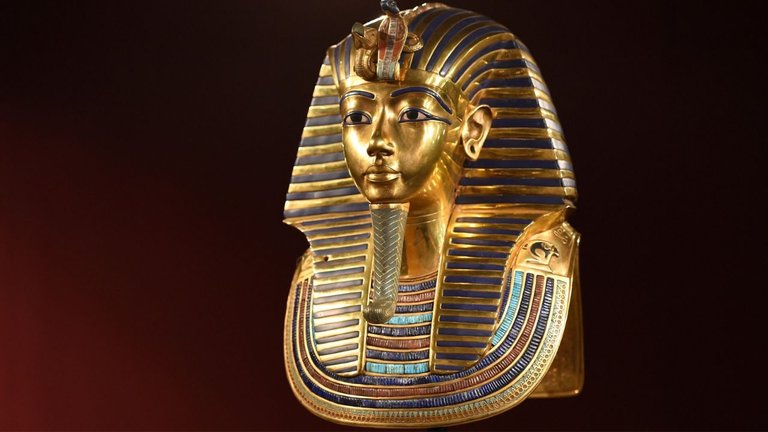
we suggests that these structures may have been built to observe celestial bodies and their movements in space. He also mentions that researchers have discovered that each star constellation can be seen every 72 years, and that one constellation, Orion, can be seen from the pyramids also mentions that there are various mythological stories associated with these structures, and that they continue to reveal their secrets slowly over time. He encourages viewers to share their opinions on these mysteries.
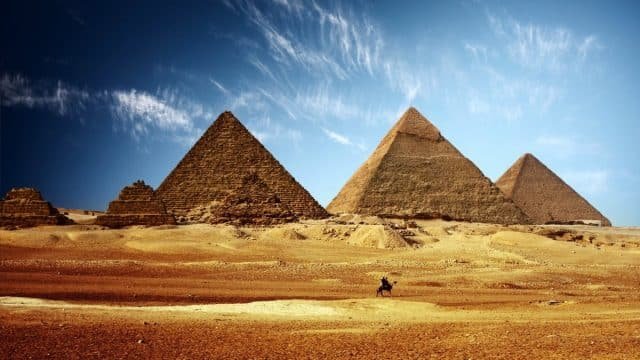
"Daily Life of the Ancient Egyptians" documentary, the focus shifts to the cultural obsession with appearance and social gatherings. The Ancient Egyptians held numerous banquets and festivals, often connected to certain deities. During these events, music played a significant role, with female musicians using various instruments and pairs of singers performing beautiful songs.
Additionally, Egyptians took great pride in their appearance, as they believed their bodies would be preserved in the afterlife in their exact form. Thus, they adorned themselves with elaborate clothing, jewelry, and accessories for special occasions. The culture's fascination with life extended to their hobbies and pastimes, which included hunting, fishing, playing sports, and engaging in various games.
These activities remained largely unchanged for almost three millennia. Ancient Egypt was a land of tradition and abundance, where embalmers used meteoric tools to preserve the deceased bodies, allowing them to enjoy the mundane items from their lives in the afterlife.
The ancient Egyptian civilization is one of the most iconic and powerful in history. It lasted for over 3,000 years and at its height, its empire stretched as far north as modern-day Syria and south to today's Sudan. However, the civilization was founded by small city-states along the Nile River before uniting in 3100 BC. The civilization can be divided into three periods of prosperity: the Old Middle Kingdom, the New Kingdom, and the Intermediate Period.
The pharaohs, who were not always men, presided over this culture of prosperity. After the rulers passed away, ancient Egyptians believed they became gods in the afterlife and prepared for their journey into the afterlife by constructing elaborate tombs, including the Great Pyramids at Giza, and underground mausoleums in the Valley of the Kings.
The Egyptians also measured time by combining mathematics with astronomy and created a solar calendar which was the first dating system in history to feature 365 days in one year. In addition, they developed methods to measure and survey land around the Nile River. These civil engineering feats made way for the construction of dams, canals, and irrigation systems that helped farming and agriculture to flourish.
"10 Most Mysterious Secrets in Egypt That No One Understands | we discuss various mysterious stories and facts about Egypt that are still unknown to many. They mention that there are several events in history that are shrouded in secrecy and that some of these stories contain hidden truths not only in Egypt but in other countries as well. One such story is about the pyramids of Egypt, which have been a source of fascination and mystery for centuries.
we reveal that there are several chambers within the pyramids, one of which is particularly intriguing. They also mention that there were attempts to destroy the Great Pyramid of Giza by other ancient civilizations, and the Egyptian army had to protect it. also discuss the construction of the pyramids, which required an enormous amount of resources and labor.
Despite all the advancements in technology and research, there are still many mysteries surrounding the pyramids, such as the exact method used to build them and the purpose behind their construction. also mention that there are still undiscovered chambers and hidden treasures within the pyramids.
InLeo
HIVE
This is my participation post for Initiative: March Monthly Prompt
Posted Using InLeo Alpha
